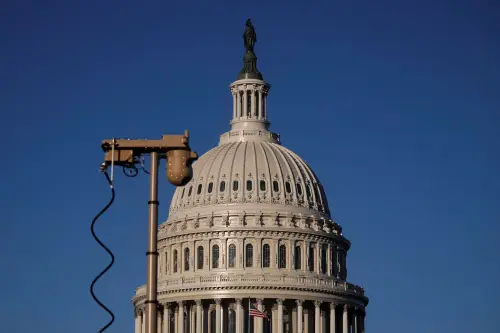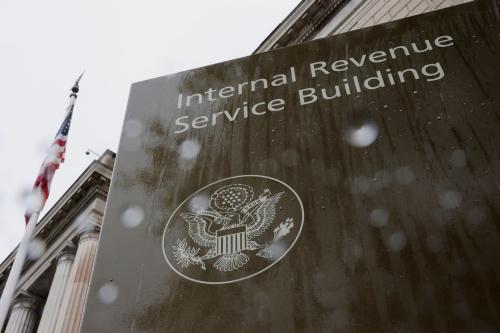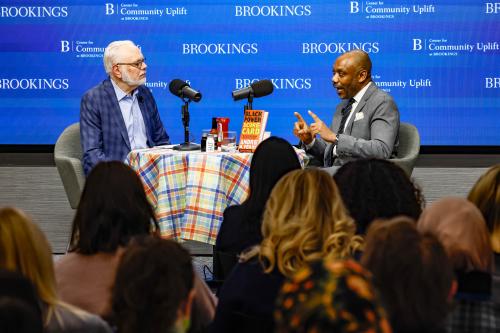The aftermath of the 2007 post-election violence in Kenya – which resulted in 1,300 deaths and thousands more displaced from their homes— left an ugly scar on the country’s image. Since attaining independence from British rule in 1963, Kenya had been one of few African exceptions to military coups and civil conflicts. The post-election violence in 2007 greatly undermined Kenya’s position as country where the people were united. It revealed serious grievances and divisions in the society and many ridiculed Kenya as yet another story of a state doomed to fail.
However, over the five years, Kenyans have made significant reforms in their institutions that in part contributed to the violence in 2007. Kenyans now have a new constitution, which not only creates lower level county governments but also reduces the powers of the presidency and establishes many independent institutions that are not subject to manipulation by the executive. The most important of these include a reformed judiciary and the Independent Election and Boundaries Commission (IEBC).
On March 4, 2013, Kenyans participated in a complex election that included voting for the president and deputy president, county governors, senators, members of parliament and women representatives. Kenyans turned out in large numbers with over 80 percent of registered voters coming out to vote. There were no serious incidences of violence and the electoral process was deemed by many international observes as free, fair and credible. Although the IEBC faced challenges in the tallying process as a result of the technological failure of the data transmission system, the reversion to manual tallying did not compromise the integrity of the process.
After days of tallying and counter-checking the election results, the IEBC declared Uhuru Kenyatta and his running mate William Ruto as having been duly elected as president and deputy president, having received over 50 percent of the votes cast. Their closest rival, Raila Odinga and his running mate, Kalonzo Musyoka, managed about 43 percent of the votes cast. However, Mr. Odinga refused to accept the results on the grounds that the IEBC had failed to conduct a credible election. But on March 31, 2013, the Supreme Court of Kenya declared that the March 4 election was free, fair and credible.
To a large extent, the prevailing peace in Kenya is a result of the many reforms that the country has undertaken to create credible institutions like the IEBC. Kenyans also trust the reformed judiciary, which has demonstrated its professionalism, independence, and capacity to adjudicate on complex matters, including the presidential election. One major lesson for the international community is that peace is more likely to be durable when it’s the people of Kenya and their own institutions that are left to handle their problems.
Now that credible and peaceful elections have taken place, Kenya has redeemed itself. This is the big story that the local media has been covering. However, the international media coverage of the elections has been extremely poor and demonstrated a mundane understanding of the electoral dynamics in Kenya. Apparently, international media outlets sent their best war correspondents and not election experts. It seems like they expected to cover stories of violence rather than elections. Frustrated with peaceful elections, these correspondents failed to note the great progress that Kenya has made and the monumental significance of the 2013 elections.
Kenya and the International Community
Leaders from all over the world— including from the United States, Germany, United Kingdom, Russia, China, U.N. Secretary General Moon, and many others— have congratulated Kenya’s new president-elect and his deputy. They have all praised the major progress that Kenya has made in conducing credible and peaceful elections. The statement released by the White House noted that “the electoral process and the peaceful adjudication of disputes in the Kenyan legal system are testaments to the progress Kenya has made in strengthening its democratic institutions, and the desire of the Kenyan people to move their country forward.” These statements underscore the progress that Kenyans have made to resolve their own problems.
The statements by the United States and United Kingdom also noted that Kenya must continue to uphold “its international obligations, including those with respect to international justice.” This is specifically in reference to the International Criminal Court (ICC), which has indicted both Mr. Kenyatta and Mr. Ruto. The two have committed to clearing the allegations by the ICC and will abide with the ICC process.
However, if the international community is truly committed to the fair adjudication of justice by the ICC, it must also ensure that the court is not used to play politics. It is quite obvious that the Kenyan cases currently before the ICC were poorly investigated and the selection of the accused was purely a political move to remove the most popular candidates from the presidential contest. Evidence recently revealed shows that witnesses were manipulated to lie in order to get convictions. Witnesses have actually recanted and some of the cases dropped. In fact, one factor that boosted the support of the Kenyatta and Ruto is precisely that Kenyans realized that the ICC had been sucked into the Kenyan politics. Now that this scheme has failed and the two have been elected, the international community needs to place more scrutiny on the ICC so that it does not continue to divide Kenyans and other Africans.
As noted previously, the prevailing peace in Kenya is the outcome of the interplay of the Kenya’s own institutions. With the reformed judiciary that Kenyans trust, the ICC intervention in the country needs to be reconsidered. So, as global leaders call upon Kenyans to uphold their commitment to international justice, they must also recognize that the ICC is itself far from perfect and prone to political manipulation.
The Brookings Institution is committed to quality, independence, and impact.
We are supported by a diverse array of funders. In line with our values and policies, each Brookings publication represents the sole views of its author(s).



Commentary
Kenya: A Country Redeemed after a Peaceful Election
April 2, 2013